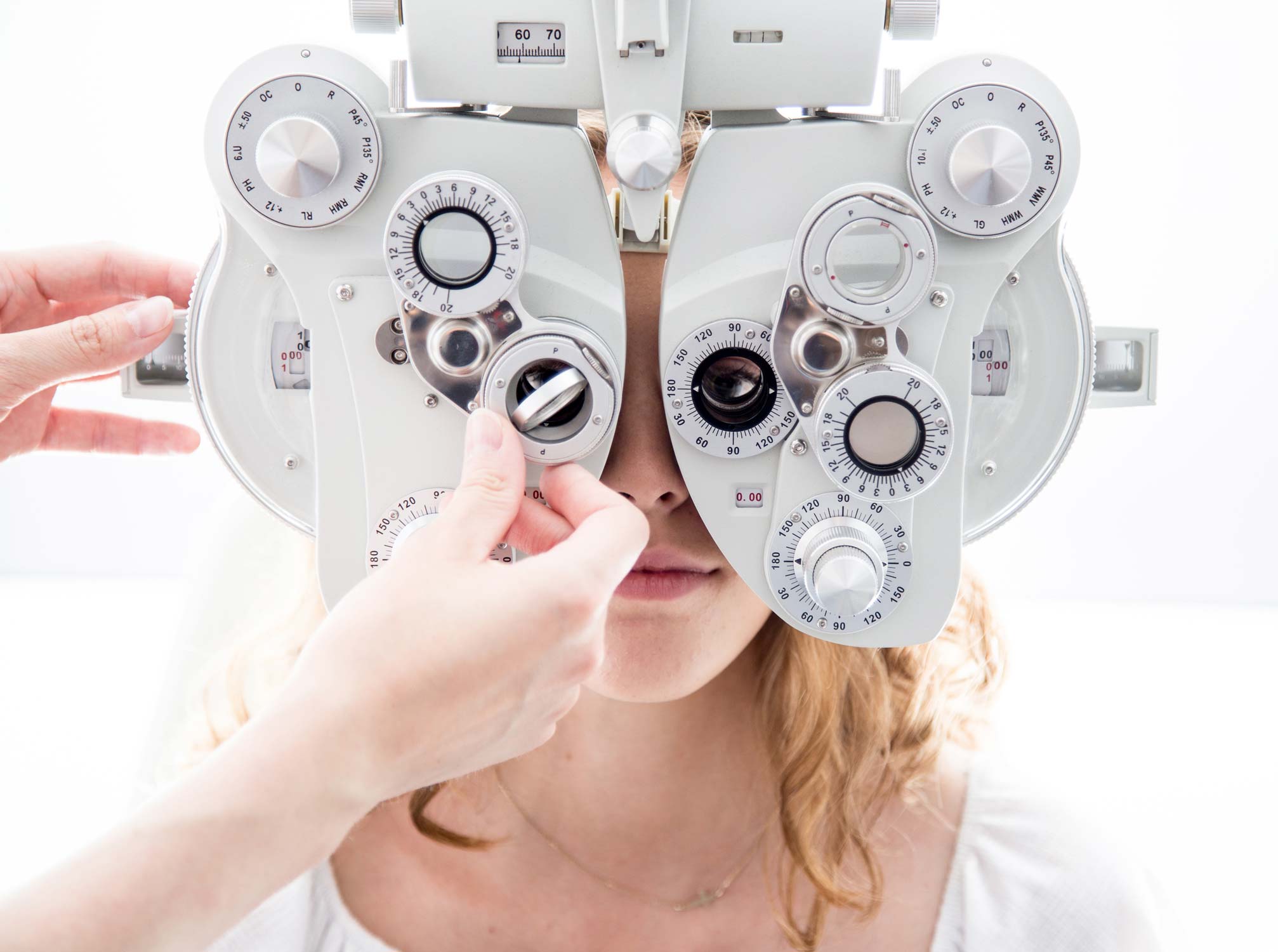
By Dr Thomas Aller

Over the last 30 years, Myopia, or nearsightedness, has become increasingly common worldwide, reaching the high 90 per cent range in various East Asian countries by young adulthood. The general public needs to understand that the rise of Myopia is really an epidemic.
There are an estimated 1.5 billion people in the world with Myopia today, and the Brien Holden Vision Institute has projected that by the year 2050, there will be nearly five billion myopes, with one billion high myopes.
This is particularly concerning as increased myopia leads to increased risks of glaucoma, cataracts, retinal detachment and myopic maculopathy and the global trends are for myopia to start earlier than ever before – as early as age five, particularly in Asia.
Can it be stopped?
There is good evidence that myopia progression may be slowed by several different methods, lenses or strategies. Increasing outdoors activities prior to the beginning of myopia. The studies suggest that this is not just due to substituting outdoors play for indoors near work with digital devices and reading, but one extra hour outdoors invariably means one hour less of indoor activities.
In addition, certain spectacles may slow myopia progression. The best evidence is for very large bifocals known as executive bifocals but these lenses are heavy and ugly and are unlikely to ever be used to any great degree.
However, multifocal contact lenses of many different designs are known to control myopia.
How VTI is leading the charge against Myopia progression
Children do very well with Visioneering’s NaturalVue MF lenses in terms of comfort, handling, insertion, removal, vision quality and Myopia control. I have had a number of patients with astigmatism which had to be corrected with previous lenses who had quite good vision with the NaturalVue, and they often preferred the vision with the NaturalVue.
I am conducting a two-year study on Visioneering’s NaturalVue MF lenses and the effects on myopia progression. The six month results on the first 26 patients have found:
- a 100% reduction in myopia progression and;
- a 45% reduction in axial elongation with the NaturalVue lens as compared to their previous optical corrections
In addition, the lenses have some unique features which likely will appeal to doctors. While they are using a relatively old material, they do offer advanced UV protection and they have designed the edge to help facilitate tear flow with the result of making the lens more comfortable, even in dry eyes. Plus, VTI only sells their lenses to offices with doctors on the premises and is also is the only company that offers powers in 0.25D increments throughout their (very extensive) power range, so the doctors aren’t forced to pick the wrong power, just because it’s the closest possible – thus resulting in happier patients.
